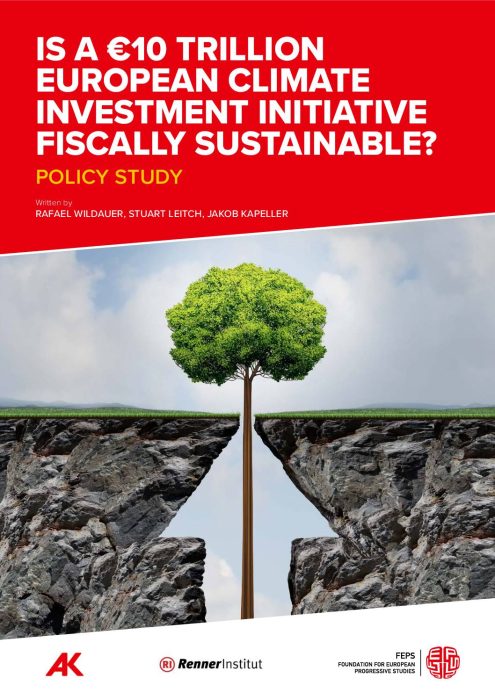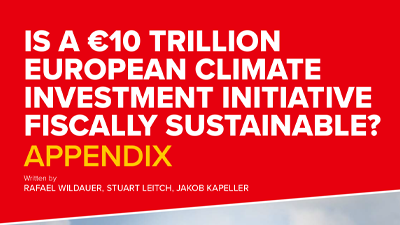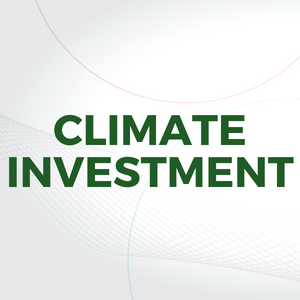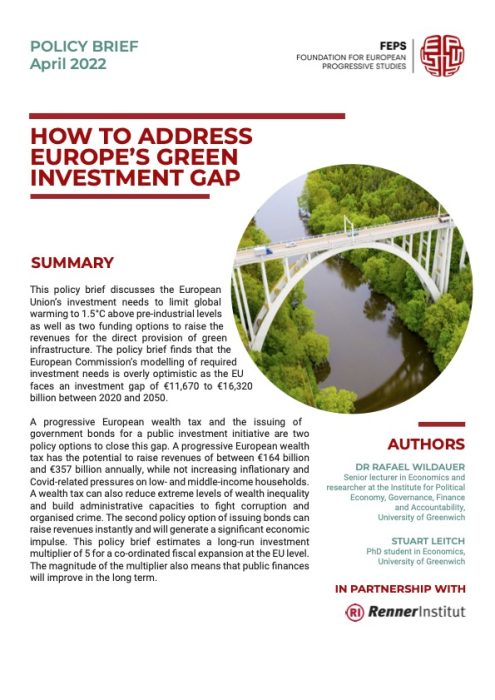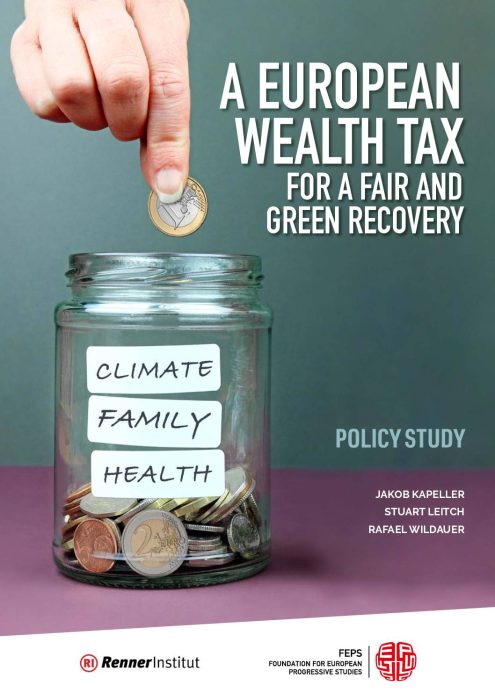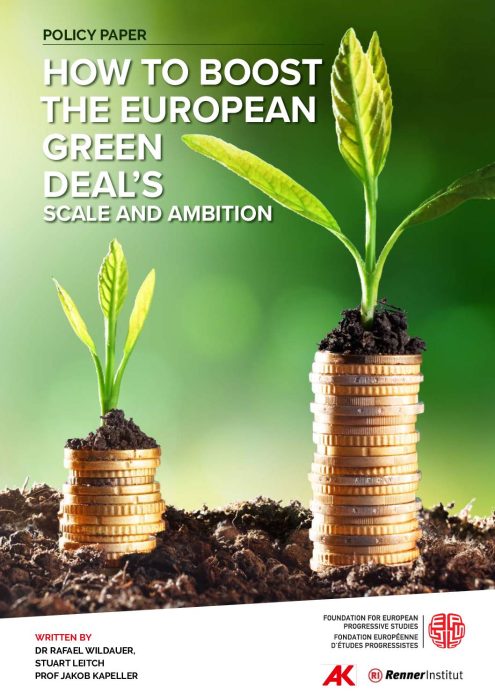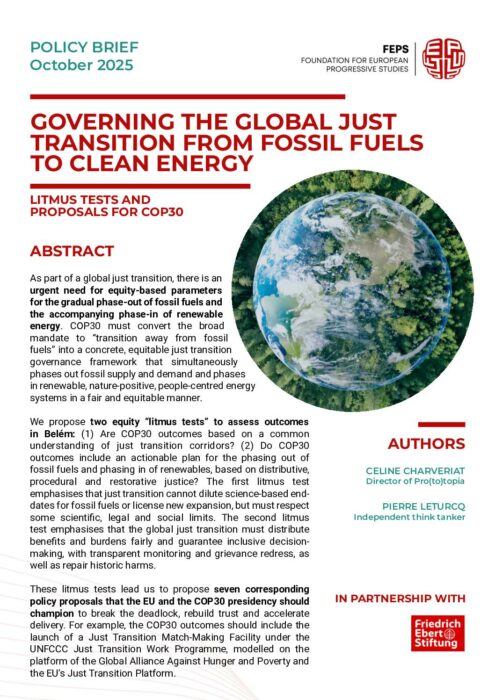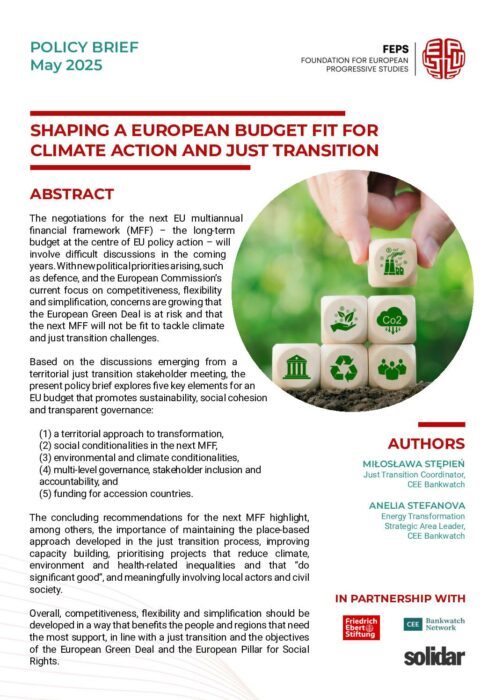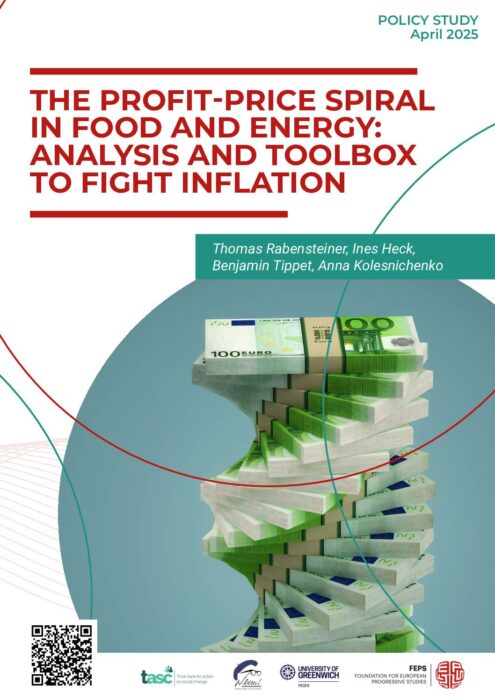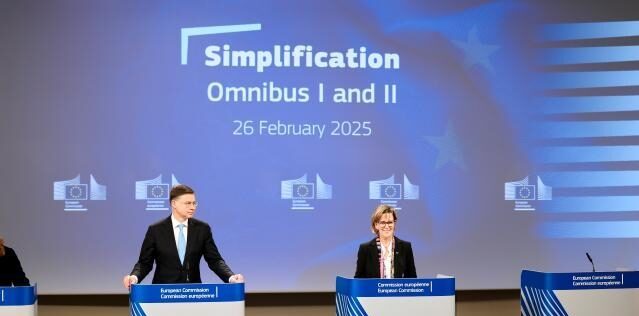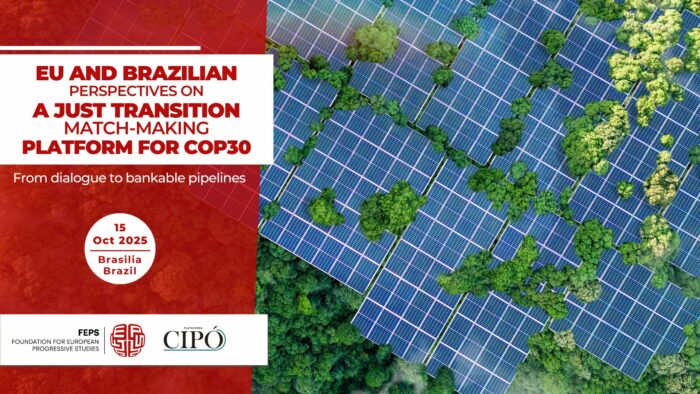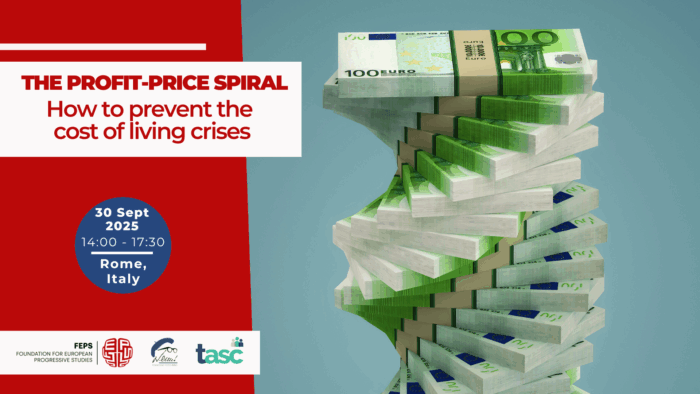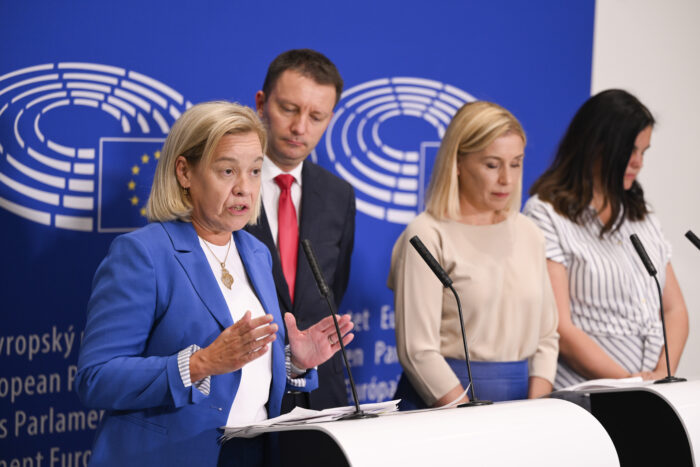Network
Related publications
Find all related publications
Publications
Find all related Progressive Post
Progressive Post
Find all related events
Events
Upcoming
Past
15/10/2025
Brasilia, Brazil
30/09/2025
Rome, Italy
Load more...
Find all related Audiovisual
Audiovisual
07/07/2025
Find all related news
News
Find all related in the media
In the media
“Trade doesn’t work in isolation from good domestic policies” Interview to Arancha González
by Borderlex 19/09/2023

